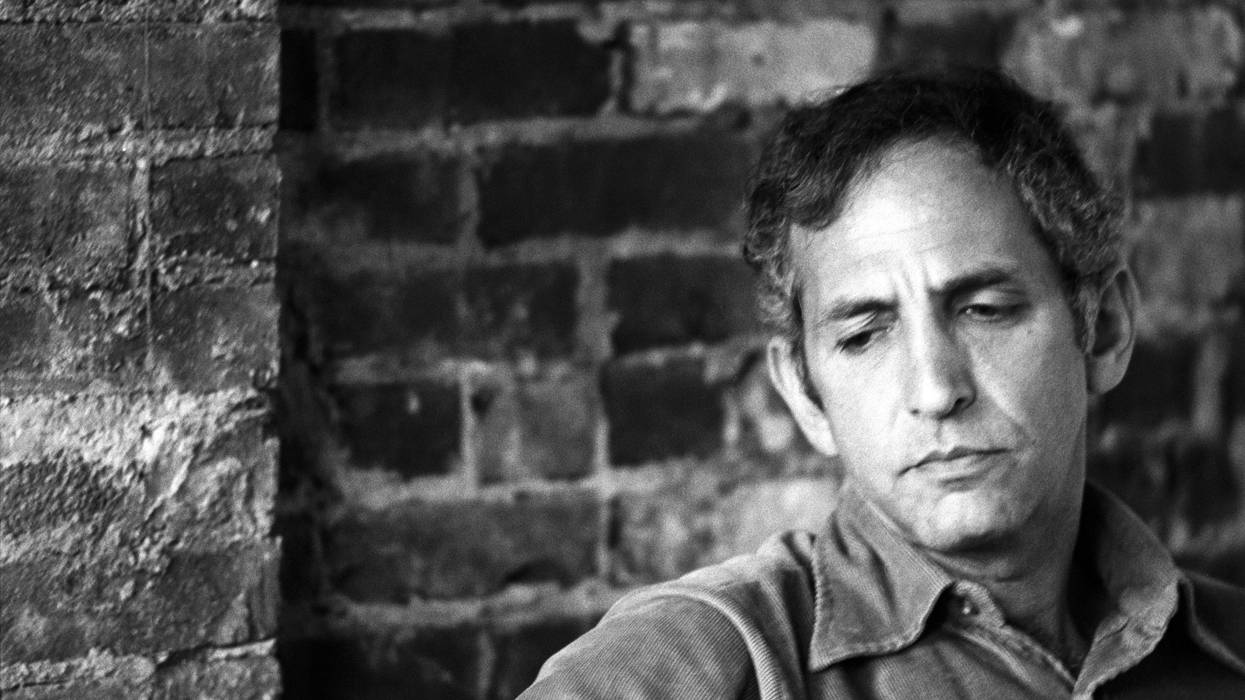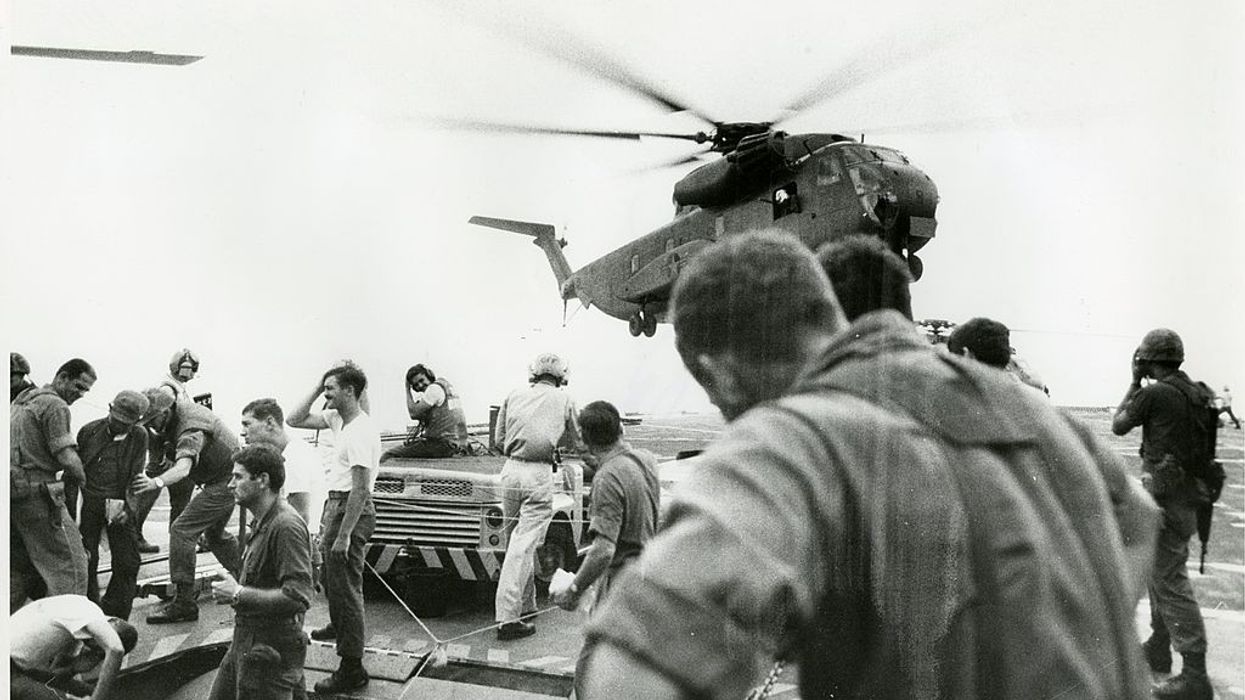For telling the truth about a war that killed millions of Vietnamese and conscripted a generation of Americans in service of empire and the preservation of official credibility, Ellsberg was charged under the Espionage Act and faced up to 115 years in prison. Asked why he had risked everything, he replied simply: “Wouldn’t you go to prison to help end this war?” And of his transformation: “Killing is not something I’m going to do bureaucratically ever again.”
Radical activism is Ellsberg’s true legacy. But it is meaningless if it remains only a matter of remembrance. To honor him requires that we carry his actions forward.
His defiance helped redefine patriotism itself. “Dissent is patriotic,” he insisted. “And to be loyal to this country does not compel us to be disloyal to [humanity].” His example paved the way for a lineage of whistleblowers including Julian Assange, Chelsea Manning, and Edward Snowden.
But to limit his legacy to the Pentagon Papers is to flatten it into a story of individual heroism, severed from the mass movements that made it possible, and that remain vital today. Few will find themselves in Ellsberg’s position, but all of us bear responsibility for doing whatever is in our power to confront injustice in all of its forms, at home and abroad.
Ellsberg understood this. He often credited the antiwar movement with awakening his conscience, and pointed in particular to the courage of draft resisters willing to face prison. Their example, he said, was decisive in his own decision to leak the Papers. “Courage is contagious,” he reflected. What he did was only possible because others had already taken greater risks.
He also believed that it was mass resistance that averted the war’s most catastrophic escalations. A turning point came on October 15, 1969, a coordinated day of nationwide civil disobedience. As many as two million people walked out to protest the unjust war, followed by another massive demonstration the following month.
At the time, the Nixon administration was preparing to intensify the conflict. Henry Kissinger, in private discussions, called for delivering “a savage blow” to North Vietnam, potentially involving nuclear weapons. But the scale of public opposition forced a retreat.
“The American people,” Ellsberg later recalled, “did not in fact, I think, buy onto the notion that it was all right to kill Vietnamese to an unlimited degree, and they stopped the bombing.” Nixon, he concluded, “did not lose the war. The American people ended the war. They took his victory away from him.”
Ellsberg’s story did not end in 1971. He never returned to government or academia. Instead, he spent the rest of his life as a public educator and dissident, arrested as many as 90 times for acts of civil disobedience, most often targeting U.S. nuclear weapons policy.
At RAND in the 1950s and ’60s, Ellsberg helped draft nuclear war plans, including first-strike scenarios that projected the deaths of 600 million people, what he called “a hundred Holocausts.” In the decades that followed, he made it his mission to dismantle The Doomsday Machine.
In 1978, he was arrested at the Rocky Flats nuclear weapons plant alongside his son, Robert. “Not without arrests,” he declared. “Not anymore, invisibly… not without public question, controversy, challenge. Not, anymore, with the presumed consent of all American citizens.” The day before, while riding in handcuffs next to his father, Robert had looked out at the tracks and said, “You know, there should have been some Germans on the tracks at Auschwitz.”
Four years later, Ellsberg was arrested again, alongside 1,300 others, at the gates of the Lawrence Livermore National Laboratory, which he described as “the Auschwitz of our time!” The analogy was provocative but warranted. As he explained, a nuclear strike which they were making possible there would amount to “as deliberate and engineered annihilation of non-combatants as Hitler’s Holocaust in the gas chambers… it would be bringing the gas, the death, the radioactivity to the people, instead of herding them to it.”
This radical activism is Ellsberg’s true legacy. But it is meaningless if it remains only a matter of remembrance. To honor him requires that we carry his actions forward. Reflecting on the public’s acquiescence to the “insanity” of nuclear policy and U.S. militarism, Ellsberg warned: “We all live in Guyana. And I say it’s mutiny time.”
His words remain a call to collective defiance.
Today, that defiance is as urgent as ever. It means standing for principle over careerism, a contrast to figures like Matt Miller. It means continuing to disrupt the flow of weapons to Israel, as workers have done in France and beyond. It means joining marches and freedom flotillas to break the siege of Gaza. It means rejecting war for what it is: organized mass slaughter. And it means defending our communities against the violent overreach of an authoritarian regime.
There is little doubt that this is what Daniel Ellsberg would be doing were he alive today. To honor his legacy, we must do the same—today and every day.
Note: Quotes are drawn from the Daniel Ellsberg Papers at the Robert S. Cox Special Collections and University Archives Research Center at the University of Massachusetts Amherst




